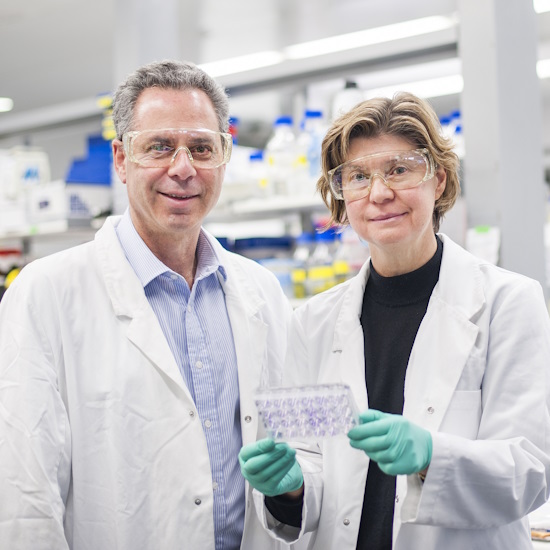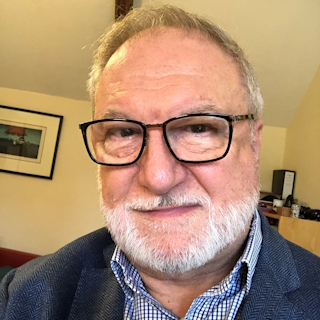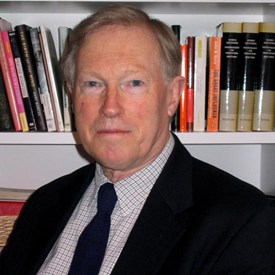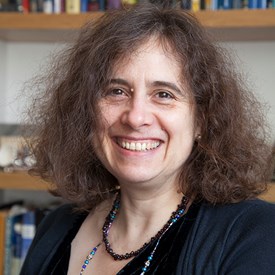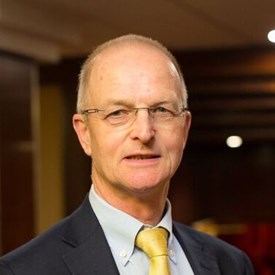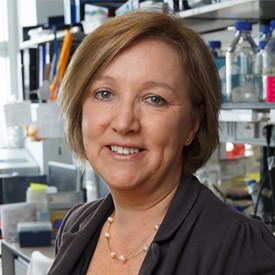The award
The Buchanan Medal is awarded for distinguished contributions to the biomedical sciences. The award was created from a fund to the memory of the physician George Buchanan FRS (PDF), former Chief Medical Officer of the UK, and was first awarded in 1897. The medal is of silver gilt, is awarded annually and is accompanied by a gift of £2,000.
Eligibility
The Buchanan medal is open to UK/Commonwealth/Republic of Ireland citizens or those who have been residents for three or more years. There are no restrictions on career stage and nominations will remain valid and shall be considered by the award selection committee throughout three nomination cycles. Teams or groups may now be nominated for this award.
Nominations are now open
Nominations are now open and will close on 21 February 2025.

